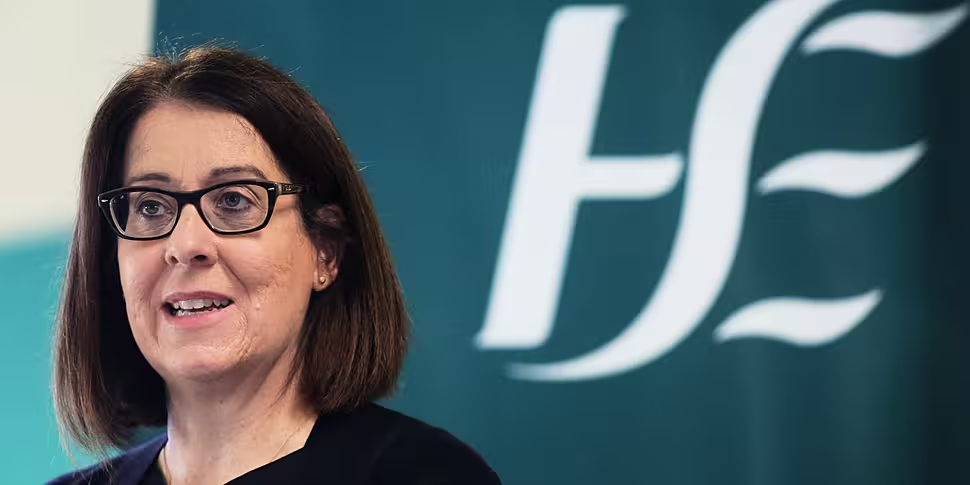The COVID-19 crisis has 'absolutely' sped up the wider reform - known as Sláintecare - of the health service, a senior HSE official says.
Chief Operations Officer Anne O'Connor said they'll now continue to build on the 'massive changes' seen in areas such as community care over the past year.
It comes as the health service today's unveiled its €20bn National Service Plan for 2021, which includes €3.5bn in extra funding compared to 2020.
It provides for additional funds to improve many services in areas such as cancer, maternity and mental health.
An additional 16,000 staff - compared to December 2019 employment levels - will also be provided for.
Speaking on The Hard Shoulder, Anne O'Connor said around €1.7bn of the extra funding will cover COVID-related costs.
She said: "Some of that will cover things like PPE and testing & tracing, but also some of the costs services have had to incur to be able to work in a COVID environment.
“It’s a very significant development, and for us it allows us to build on the work we’ve been doing over the last year in relation to managing COVID, but also to allow for the reform we know we want to make in line with Sláintecare."
Sláintecare reforms
Sláintecare refers to the plan for wide-ranging reform of health and social care services over the next decade.
Asked if the ongoing crisis has sped up some of that process, Ms O'Connor said that's 'absolutely' the case, with more care now taking place in community settings rather than hospitals.
She explained: “For us, as a necessity, we had to reduce the footfall in our acute settings… we had to keep our hospitals safe for people who needed them, and that meant we had to provide a different type of care to people at home.
“It’s building on things we would have done to some extent previously… but certainly ramping up the acuity of that.
“We’ve moved services out of acute hospitals, and we’re supporting GPs in a different way - for example giving them direct access to diagnostic services that they would otherwise have had to refer people to hospital for."
She suggested "every cloud has a silver lining", and some of the massive changes made over the past year will now be built on.
One of the issues that has frequently arisen within the health service is the challenge of finding qualified staff for vacant roles.
Ms O'Connor acknowledged there is a “very significant” recruitment challenge, but they’re looking at all avenues to address it - including international recruitment.
She added: “This level of funding shows people there’s a commitment to the health services that is really quite extraordinary, in terms of the scale of the investment.
“I’m sure there will be posts we will struggle with, but there are a lot of really good things - and certainly we’re seeing a significant number of staff coming forward.”









